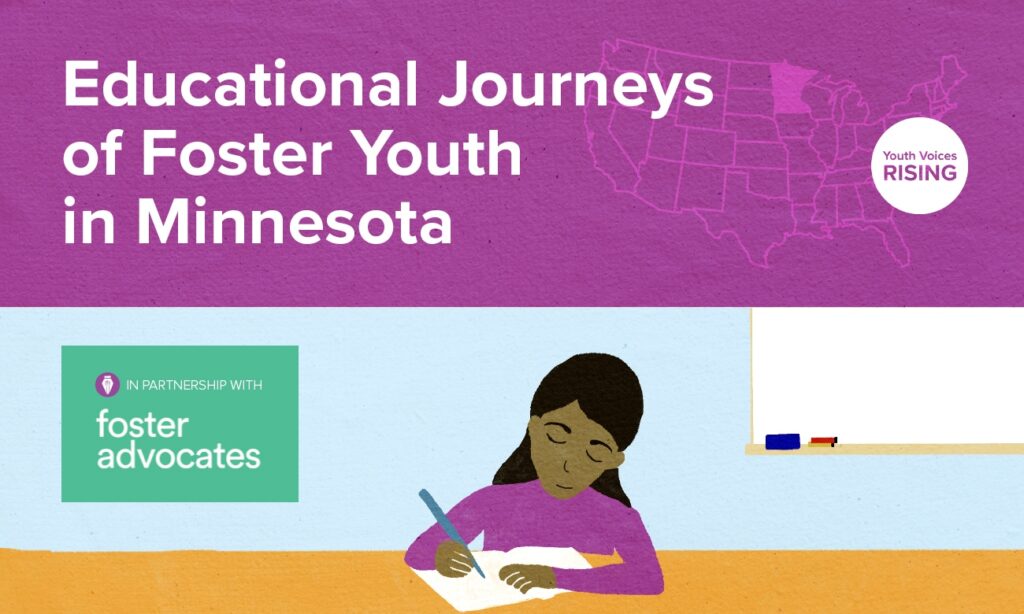
This article is published in partnership with Foster Advocates.
With the imminent threat of my adoptive parents' eviction and the urgency of having to graduate quickly, I found it very difficult to manage my college coursework while still in high school. As I struggled to balance the weight of family instability and academic rigor, I found myself becoming overwhelmed, leading to major setbacks. Despite my efforts, the difficulty of the coursework resulted in a surprising failure. Living in a shelter while in high school limited her ability to regularly attend classes, participate in extracurricular activities, and develop meaningful friendships, further complicating her path to higher education. became. Now, as a high school graduate, I face the added burden of being placed on probation due to a low GPA, combined with the chaotic situation of homelessness, and delaying my admission to college.
One of the main effects of my checkered upbringing was the lack of a reliable support system. Foster homes, by their very nature, are intended to provide care and stability, but the reality is that this is often inadequate. Constant movement prevented the development of meaningful relationships with caregivers and foster siblings. As a result, I found myself navigating the academic world alone, without support that could have fostered a more conducive learning environment.
As I approached 18, the challenges extended beyond the immediate need for a stable home. The transition from foster care, or into extended care, marked a critical juncture where survival took precedence over education. The focus shifted to navigating the complexities of adulthood, leaving little room to ponder the pursuit of higher education. Immediate concerns of finding stable housing, securing employment, and navigating the complexities of independent living steal attention. The challenges faced by individuals aging out of foster care are further compounded by a lack of guidance and awareness regarding available educational resources. As a result, the transition to adulthood becomes a perilous journey and educational pursuits are relegated to the periphery.
For those lucky enough to overcome these challenges to attend college, new hurdles stand in their way. The lack of family support, a safety net that many people take for granted, becomes starkly apparent. University life is not just about pursuing academics. It is a holistic experience that requires mental and financial stability. Unfortunately, people coming out of foster care often get through this situation without the support of family that others can rely on.
Financial constraints can be a major barrier, preventing students from accessing resources to enhance their college experience. Unlike their peers who can rely on their families for financial support, those with foster care backgrounds must grapple with the harsh realities of self-sufficiency. Scholarships and grants can provide some relief, but without family support, you will have to shoulder the burden of tuition, housing, and living expenses on your own. Additionally, the emotional burden of not having family to rely on can be immense. University is not just for academic purposes. It is a time of personal growth and self-discovery. Lack of family support leaves a void that colleagues with stable family backgrounds may struggle to understand. The lack of a family safety net exacerbates feelings of isolation and makes navigating the complexities of college life difficult.
The journey through academia for individuals with foster care backgrounds involves challenges far beyond the classroom. Lack of stability during the formative years hinders the development of a solid educational foundation. As they transition into adulthood, the focus is on survival and the pursuit of education becomes a priority, often leading to missed opportunities and unrealized potential. Even those who defy the odds and go on to university end up facing new challenges as a lack of family support casts a long shadow over their academic career. For society to recognize and address these systemic issues and strive to create a more supportive environment for individuals emerging from foster care so that education becomes an empowering force rather than an elusive dream. That is essential.


